Welcome to Religious Education

About Our Religious Education Curriculum
At Steeple Bumpstead Primary School, we believe that a high quality religious education will help pupils’ gain a coherent knowledge and understanding, where they can articulate clearly and confidently their personal beliefs, ideas, values and experiences.
RE has been taught using ‘exploRE ’ the Essex agreed syllabus 2015, it is a distinct but core part of the basic school curriculum. The curriculum is balanced and a broadly based one which ‘promotes the spiritual, moral, cultural, mental and physical development of pupils and of society, and prepares pupils for the opportunities and responsibilities and experiences of later life.
Progression in RE is through our long term sequence which is based on building upon the pupil’s prior knowledge, allowing them to follow the steps of engaging and investigating of the different religions, leading to the process of evaluating and expressing to ensure understanding and progress is made. This should inspire and build each child’s ‘religious literacy’, helping them to understand the nature and diversity of religion and belief in the world in which they live and the relationships between groups of society.
Right to Withdraw from RE
Parents have the statutory right under Section 71 of the School Standards and Framework Act 1998 to request their child/ren are wholly or partly excused from:
- RE lessons in accordance with the schools’ basic curriculum
- Acts of Collective Worship in schools
As parents, you do not have to provide a reason for requesting the withdrawal. However before exercising any right of withdrawal we would recommend you discuss your concerns with the headteacher
Limitations to withdraw
If pupils are withdrawn from RE, schools have a duty to supervise them, though not to provide additional teaching. A pupil may be required to work in another area of the school, such as library.
- Whilst parents or carers have a right to withdraw children from RE, they should note that child/ren may also encounter religions and beliefs and wider aspects of faith in other areas of the National Curriculum from which there is no right of withdrawal.
- On occasion, spontaneous questions about religious matters are raised by pupils or issues related to religion arise in other curriculum subjects such as history or PSHE. For example, schools promote community cohesion and help pupils to understand ideas about identity and diversity, feelings and emotions within both religious and non-religious contexts.
All requests for withdrawals should be made in writing, addressed to the headteacher.
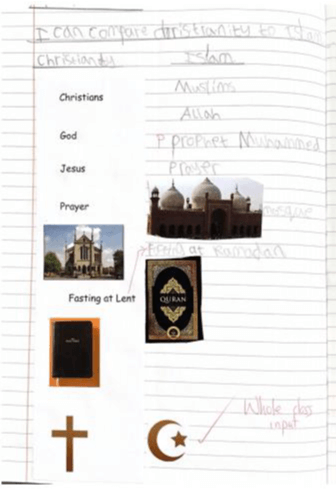
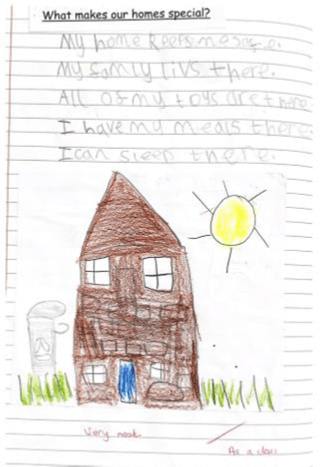
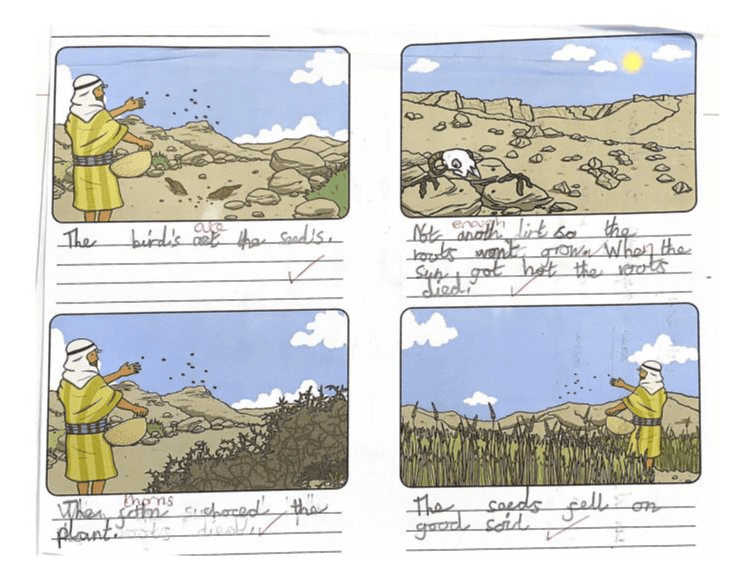
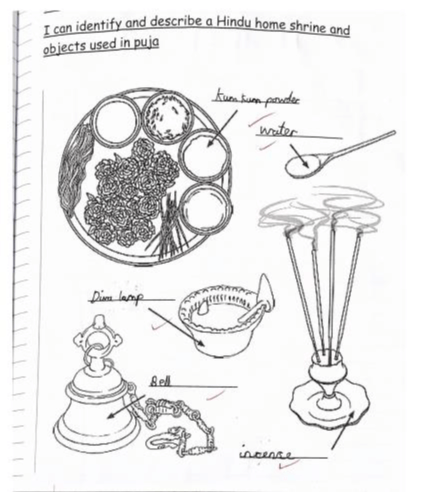
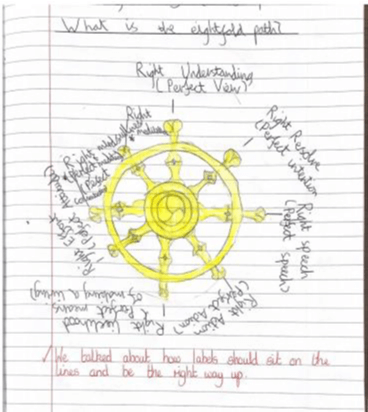
Curriculum Aims
RE gives particular opportunities to promote an ethos of respect for others, challenge stereotypes and build understanding of other cultures and beliefs. This contributes to promoting a positive and inclusive school ethos that champions democratic values and human rights.
Religious education for children and young people:
- provokes challenging questions about the meaning and purpose of life, beliefs, the self, issues of right and wrong, and what it means to be human. It develops pupils’ knowledge and understanding of Christianity, other principal religions, and religious traditions that examine these questions, fostering personal reflection and spiritual development.
- encourages pupils to explore their own beliefs (whether they are religious or non religious), in the light of what they learn, as they examine issues of religious belief and faith and how these impact on personal, institutional and social ethics; and to express their responses. This also builds resilience to anti democratic or extremist narratives
- enables pupils to build their sense of identity and belonging , which helps them flourish within their communities and as citizens in a diverse society
- teach pupils to develop respect for others, including people with different faiths and beliefs, and helps to challenge prejudice
- prompts pupils to consider their responsibilities to themselves and to others, and to explore how they might contribute to their communities and to wider society. It encourages empathy, generosity and compassions.
Please click on the attached Subject Handbook to view the Intent, Implementation and Impact of our Curriculum.
